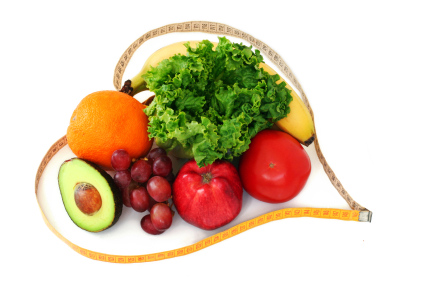 Search
Search
 Search
Search
 IgA nephropathy can be divided into 5 stages according to the clinical manifestations and severity of the illness and each stage has different diet principles.
IgA nephropathy can be divided into 5 stages according to the clinical manifestations and severity of the illness and each stage has different diet principles.
Stage I
In this stage the symptoms are light; usually there are back pains, mild edema, simple hematuria or mild proteinuria. Patients should have proper supply of trace elements such as iron, zinc, copper, manganese, etc. Milk, carrot can help promote metabolism and improve the immunity. Fresh vegetables and fruits that is easy to be digested such as cucumber, tomato, lily, winter melon, watermelon, etc. Drink more water and have less salt intake (2-3g/d) and avoid salty foods such as pickles and other pickled foods.
Stage II
This stage is characterized by asymptomatic microscopic hematuria and the red blood cells in urine are mainly deformed (more than 80%) with mild protein (less than 1g/24h). To alleviate hematuria, patients should have more apples, black sesame seed, edible fungus and those that have cooling functions.
Stage III
In this stage hypertension is more common and foods that can help prevent and lower blood pressure should be eaten more. These foods include green vegetables, kelp, edible fungus, oats, etc. Avoid sugar, salt and animal fat and have more black rice, black fungus, green tea, yoghurt.
Stage IV
Diffuse mesangial damages associated with proliferation and sclerosis, large amount of proteinuria, hypoalbuminemia, microscopic hematuria and often have severe back pain. The diet principle is small amount of high quality proteins such as egg white, milk, lean meat. The specific amount of protein should depend on the illness and physical conditions (in case of normal renal function with large amount of protein leakage the daily protein intake should be 1-1.5g/kg/d) and in case of severely damaged renal function, the daily protein should be limited at 0.6-0.8g/kg/d).
Stage V
In this stage, the proper diet should reduce the burdens to the kidneys and the daily intake of protein should be about 20g. Generally egg, milk, fish are good choice and second, essential amino acids can be supplied through oral or intravenous infusion. For those that have no diabetes, they can have proper supply of sugar and fat which can reduce kidneys’ burden because their metabolic products are water and carbon dioxide which are discharged through skin and lung instead of the kidney.